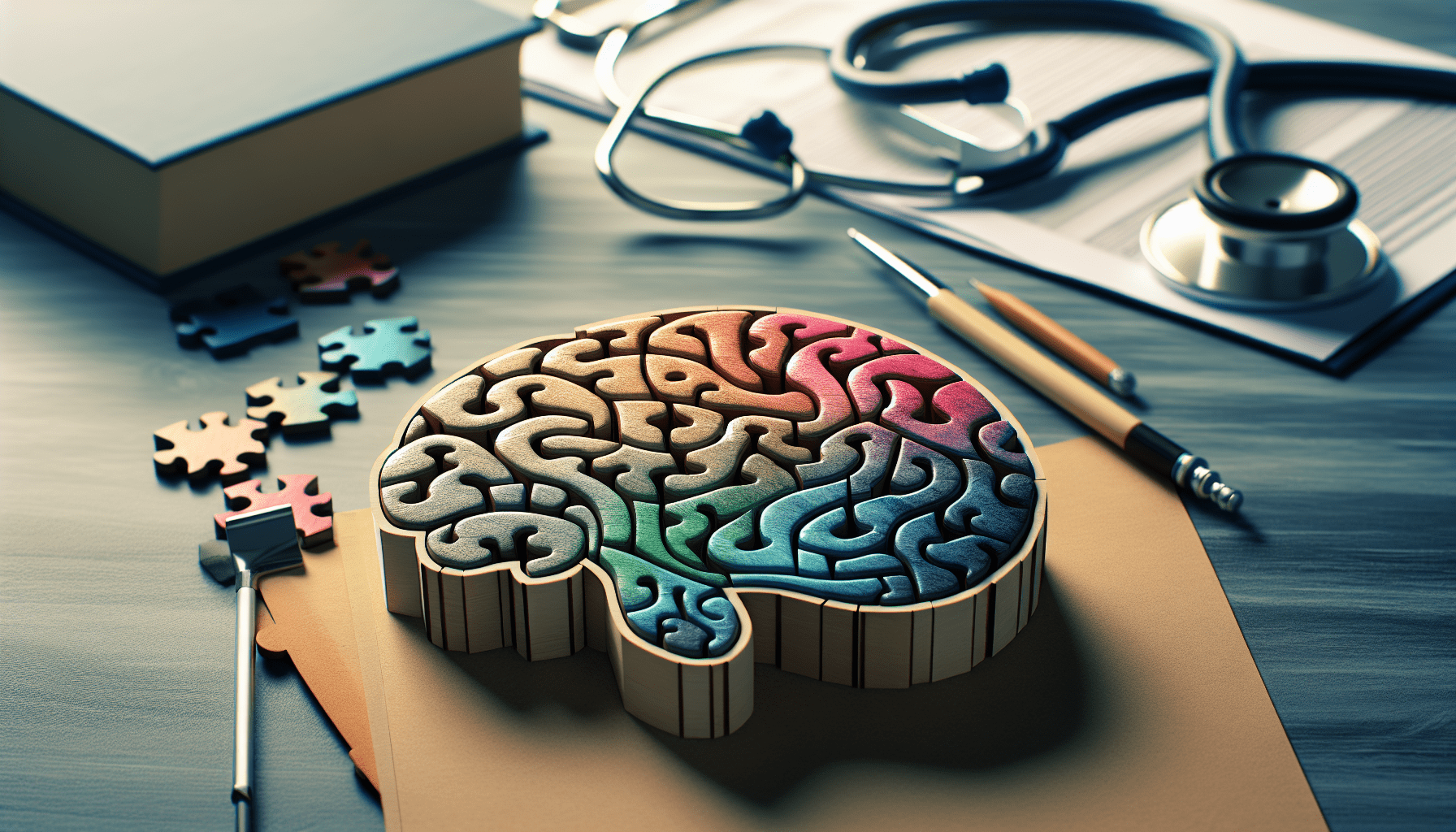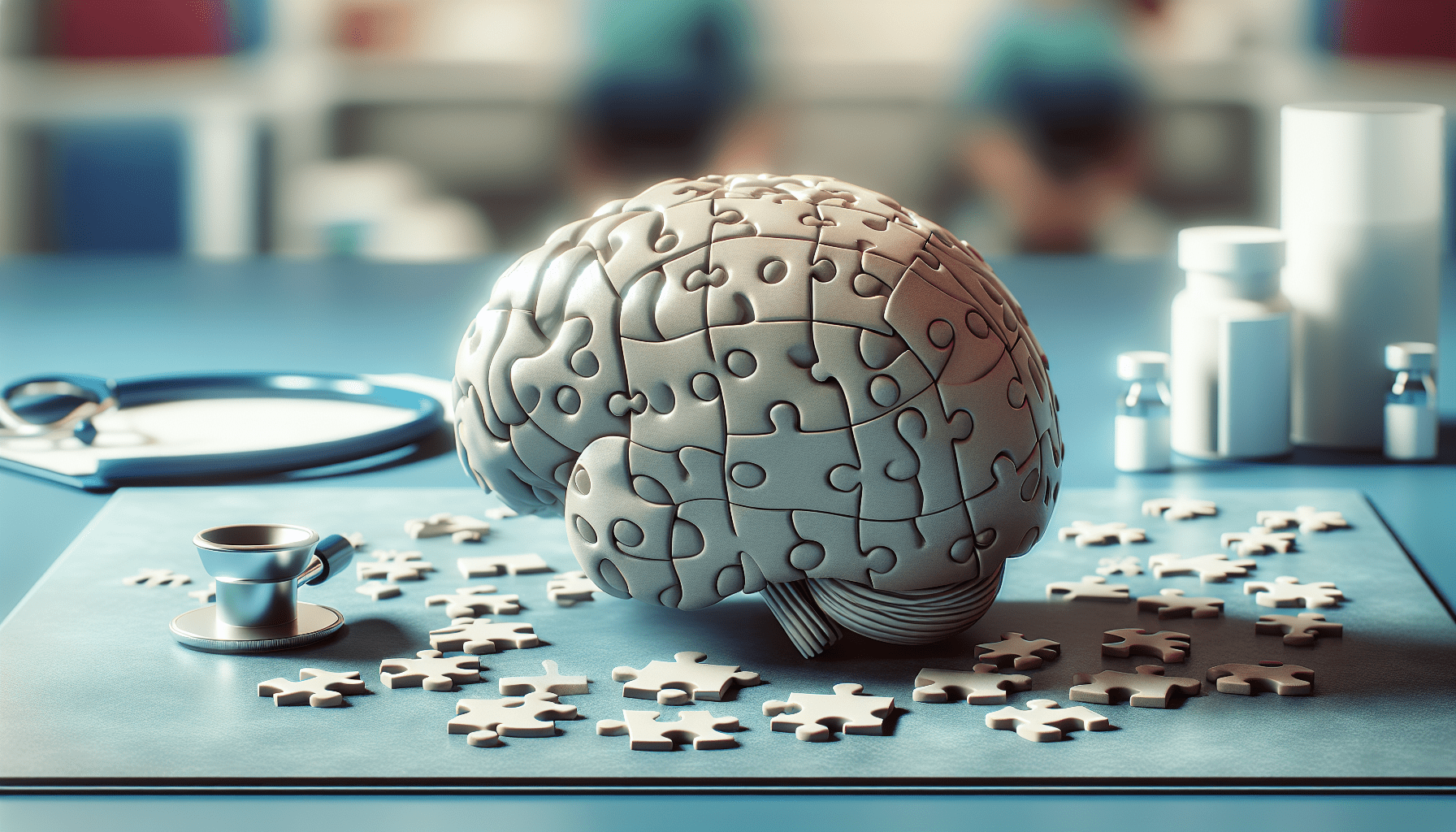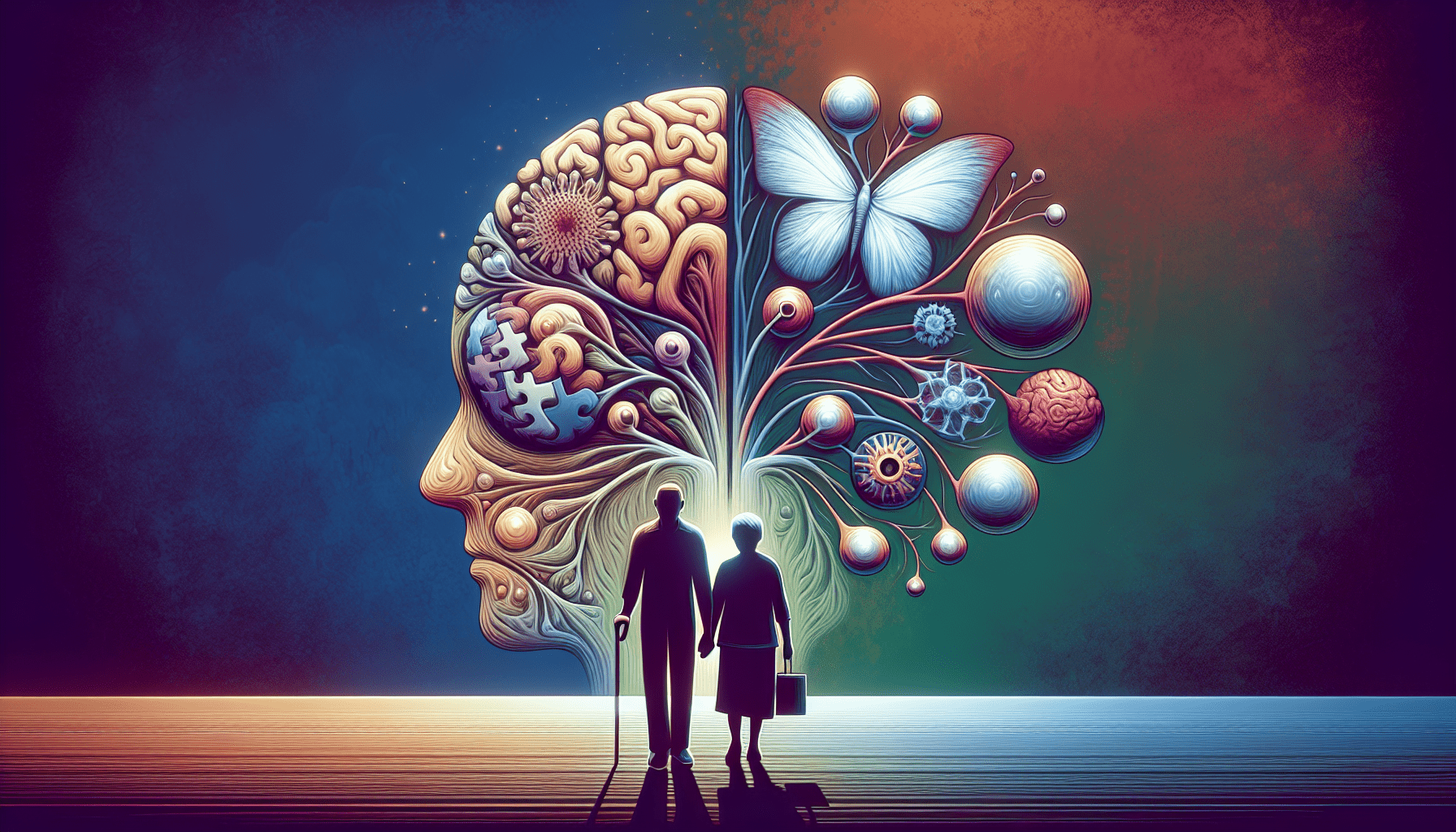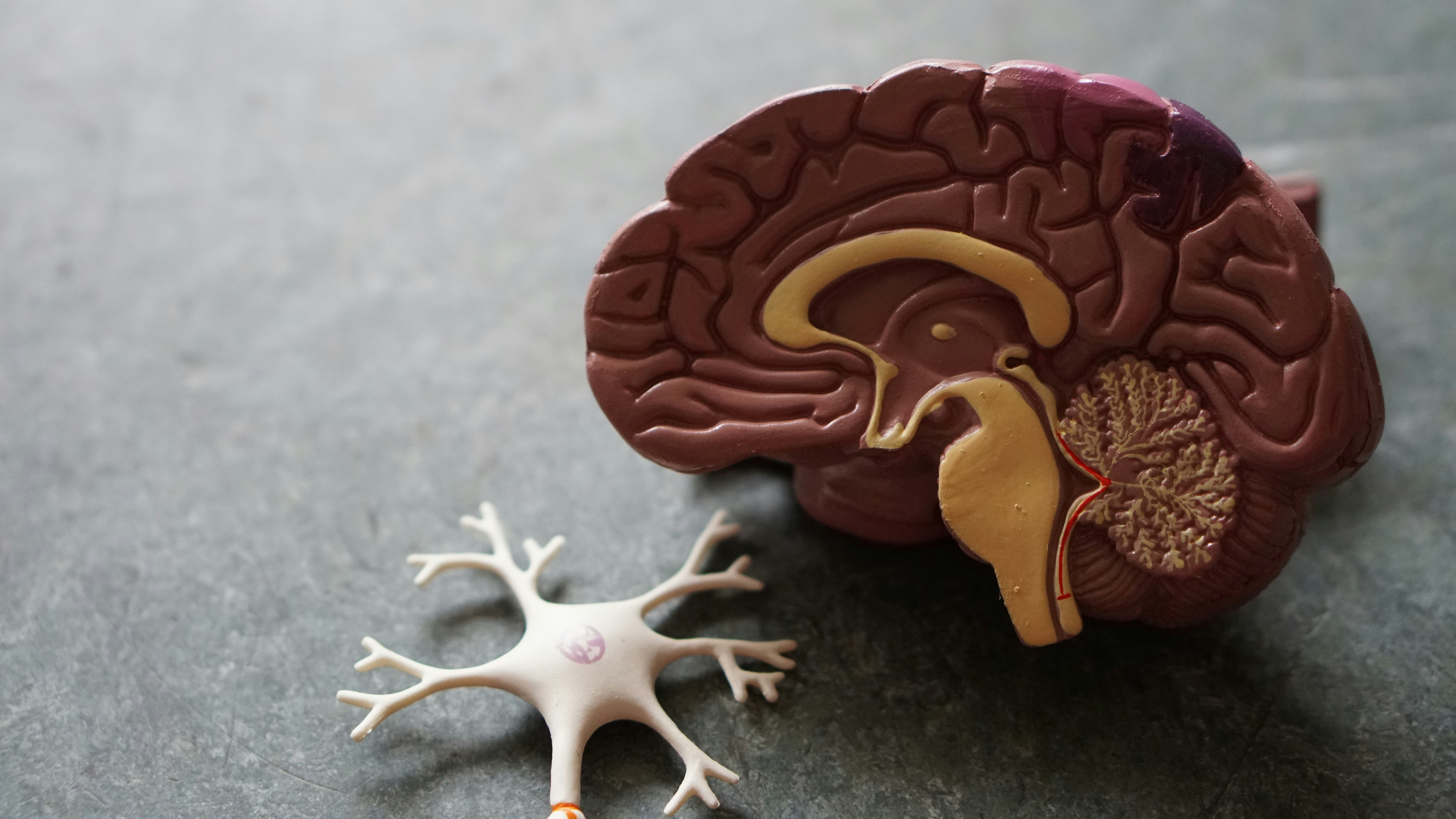In the world of cognitive health, there exists a fascinating and complex relationship between dementia and mild cognitive impairment. Can dementia truly mimic mild cognitive impairment? This article aims to shed light on this intriguing question, exploring the possibility of misdiagnoses and the implications it has on individuals and their loved ones. By delving into the intricacies of these conditions, we hope to provide a deeper understanding of how the two can intertwine and the importance of accurate diagnoses in providing appropriate care and support. So, let us embark on this journey together, as we unravel the mysteries surrounding dementia and mild cognitive impairment.
Understanding Dementia
Dementia is a neurological condition that impairs cognitive function and affects a person's ability to communicate, remember, and perform daily activities. It is not a specific disease but a term that describes a group of symptoms caused by various underlying conditions.
Definition and Characteristics of Dementia
Dementia is characterized by a progressive decline in cognitive abilities beyond what is considered normal aging. It affects memory, thinking, behavior, and the ability to perform everyday activities. Common symptoms include memory loss, confusion, difficulty with language and communication, impaired judgment, and changes in mood and behavior.
Types of Dementia
There are several types of dementia, each with its own distinct characteristics and causes. Alzheimer's disease is the most common type, accounting for around 60-80% of cases. Other types include vascular dementia, Lewy body dementia, frontotemporal dementia, and mixed dementia. Each type presents with specific symptoms and requires appropriate management and treatment.
Symptoms of Dementia
The symptoms of dementia can vary depending on the type and stage of the condition. Common symptoms include forgetfulness, difficulty finding words, getting lost in familiar places, personality changes, apathy, and difficulty with problem-solving and decision-making. As dementia progresses, individuals may require assistance with daily activities and experience significant impairment in cognitive function.
Stages of Dementia
Dementia is typically categorized into stages to help understand the progression of the condition. The stages of dementia range from mild to severe, with each stage presenting different symptoms and levels of functionality. In the early stages, individuals may still be able to perform daily activities independently but start experiencing memory and cognitive difficulties. As the condition progresses, individuals require increasing assistance and may eventually lose the ability to communicate or recognize loved ones.
Difference between Normal Aging and Dementia
It is important to distinguish between the changes in cognitive function associated with normal aging and those indicative of dementia. While some memory decline and slower processing speed are considered normal as people get older, dementia involves more severe and progressive impairment that significantly affects daily life. Regular forgetfulness or occasional confusion are typically within the realm of normal aging, whereas persistent memory loss, difficulty completing familiar tasks, and disorientation are red flags for dementia.
Understanding Mild Cognitive Impairment
Mild Cognitive Impairment (MCI) refers to a transitional stage between normal aging and dementia. It involves a noticeable decline in cognitive function that is greater than expected for age but does not meet the criteria for dementia. Not everyone with MCI will develop dementia, but it is considered a risk factor for its development.
Definition and Characteristics of Mild Cognitive Impairment
MCI is characterized by mild cognitive changes that are noticeable to the individual and their close family members, but not severe enough to interfere significantly with daily activities. Memory loss is the most common symptom, but other cognitive functions such as attention, language, and executive function may also be affected. Unlike dementia, individuals with MCI can still perform everyday tasks independently.
Symptoms and Signs of Mild Cognitive Impairment
The symptoms of MCI are similar to those seen in the early stages of dementia but are generally less severe. Memory lapses, difficulty with word-finding, increased forgetfulness, and mild confusion are common signs of MCI. Unlike in dementia, these symptoms do not disrupt the person's ability to function independently.
Causes and Risk Factors
The exact cause of MCI is unknown, but it is believed to result from a combination of factors. Age-related brain changes, genetic predisposition, and underlying medical conditions such as cardiovascular disease or diabetes may increase the risk of developing MCI. Certain lifestyle factors, such as lack of physical exercise, smoking, and poor diet, may also contribute to its development.
Difference between Normal Aging and Mild Cognitive Impairment
Differentiating between normal aging and MCI can be challenging, as both involve mild cognitive changes. However, individuals with MCI experience more noticeable decline in cognitive function than those with normal aging. While memory lapses or occasional forgetfulness are considered normal as we age, persistent and significant decline in memory or other cognitive abilities may indicate MCI.
Comparing Dementia and Mild Cognitive Impairment
Dementia and MCI share similarities in terms of cognitive decline, but they also have key differences that help differentiate between the two conditions.
Differentiating Symptoms between Dementia and MCI
Dementia symptoms are more severe and progressive compared to those of MCI. Individuals with dementia often experience significant memory loss, personality changes, difficulty with language, and impaired judgment. In contrast, MCI symptoms are milder and typically involve only slight memory problems without significant functional impairment.
Overlapping Features of Dementia and MCI
There are overlapping features between dementia and MCI, especially in the early stages of dementia. Both conditions may involve memory loss, difficulty with language, and problems with attention and concentration. However, the degree of severity and impact on daily functioning is much greater in dementia compared to MCI.
Differentiating Diagnostics of Dementia and MCI
Distinguishing between dementia and MCI requires a comprehensive evaluation of cognitive function, medical history, and physical examinations. Neuropsychological testing, brain imaging (such as MRI or CT scans), and laboratory tests may also be used to aid in diagnosis. A diagnosis of dementia generally requires the presence of significant impairment in multiple cognitive domains, while MCI is characterized by a more subtle decline that does not meet the criteria for dementia.
Mild Cognitive Impairment as a Precursor to Dementia
MCI is often considered a precursor or early stage of dementia. While not all individuals with MCI will progress to dementia, some will experience a worsening of cognitive function over time.
MCI Leading to Dementia
MCI is associated with an increased risk of developing dementia, particularly Alzheimer's disease. Studies have shown that around 10-15% of individuals with MCI progress to dementia each year, with the highest risk observed in those with an amnestic subtype of MCI. However, the rate of progression can vary greatly among individuals, and not everyone with MCI will develop dementia.
Identifying Progression from MCI to Dementia
Monitoring and regular assessments are crucial in identifying the progression from MCI to dementia. Changes in cognitive function, increased memory loss, and the onset of other dementia symptoms may indicate the transition. Regular follow-ups with healthcare providers and neuropsychological evaluations can help track changes and determine the need for additional interventions.
Risk Factors for the Transition from MCI to Dementia
Several factors may increase the likelihood of progression from MCI to dementia. Advanced age, presence of specific genetic markers, high levels of beta-amyloid in the brain, and the presence of certain medical conditions like diabetes or cardiovascular disease are associated with an increased risk. Additionally, individuals with more severe cognitive impairment at the time of MCI diagnosis are more likely to progress to dementia.
Case Studies of Misdiagnosis
Misdiagnosis of MCI or dementia can occur, leading to inappropriate treatment and management. Two case studies exemplify the potential errors that can arise.
Case Study 1: Misdiagnosed Dementia
Mrs. Smith, a 65-year-old woman, presented with memory difficulties, confusion, and difficulty with daily tasks. Based on her symptoms, a clinician diagnosed her with dementia, leading to significant distress for both Mrs. Smith and her family. However, further evaluation revealed that her symptoms were due to an underlying medical condition and were reversible. The misdiagnosis caused unnecessary anxiety and prevented the appropriate treatment of the actual underlying cause.
Case Study 2: Progressive MCI Misdiagnosed as Dementia
Mr. Johnson, a 70-year-old man, was diagnosed with dementia based on his declining cognitive function and memory loss. Over time, it was observed that his cognitive decline was relatively slow and stable, unlike the rapid progression typically associated with dementia. Subsequent assessment revealed that Mr. Johnson actually had MCI, not dementia. The misdiagnosis delayed access to interventions and support specific to MCI, which could have been beneficial for his overall well-being.
Implication of Misdiagnosis
Misdiagnosis of dementia or MCI can have significant implications not only for patients but also for their families and caregivers.
Impact on Patient's Health and Treatment
Misdiagnosis may lead to inappropriate treatment strategies, resulting in potential inaccuracies in medication management and interventions. Patients may not receive the necessary treatments or support tailored to their specific condition, hindering their overall health and quality of life.
Psychological Impact on the Patient
A misdiagnosis of dementia or MCI can cause emotional distress, anxiety, and even depression in patients who believe they have a progressive neurodegenerative condition. This psychological impact can further impair the patient's cognitive function and overall well-being.
Effect on Family Members and Caregivers
Family members and caregivers of individuals with a misdiagnosis may experience significant emotional burden and difficulties in providing appropriate care. Misunderstandings and miscommunication can arise, leading to frustration and confusion within the caregiving dynamic.

Causes of Misdiagnosis
Several factors contribute to the misdiagnosis of dementia or MCI.
Lack of Awareness about the Differences Between Dementia and MCI
Healthcare providers may have limited knowledge or awareness about the subtle differences between dementia and MCI, leading to potential misinterpretation of symptoms and diagnostic criteria.
Limited Diagnostic Tools
The diagnostic process for dementia and MCI relies on a combination of clinical evaluations, cognitive tests, and imaging techniques. However, these diagnostic tools may not always provide definitive results, leading to potential misdiagnosis or uncertainty in the interpretation of findings.
Overlapping Clinical Features
Dementia and MCI share certain clinical features, making differentiation complex. Memory loss, for example, is a common symptom in both conditions. The overlap in symptoms can contribute to diagnostic challenges and potential misclassification.
Preventing Misdiagnosis
Steps can be taken to minimize the risk of misdiagnosis and ensure accurate identification of dementia and MCI.
Effective Communication between Patient and Doctor
Open and honest communication between patients, family members, and healthcare providers is vital in the diagnostic process. Discussing symptoms, concerns, and undergoing a thorough medical history evaluation can help healthcare professionals make more accurate diagnoses.
Regular Monitoring and Assessment
Regular monitoring and assessment of cognitive function are crucial to identify any changes or worsening of symptoms. Routine evaluations allow for timely intervention and appropriate adjustments in treatment plans as needed.
Seeking Second Opinion
If there is uncertainty or concern regarding a diagnosis, seeking a second opinion from another qualified healthcare professional can help provide a fresh perspective and increase diagnostic accuracy.
Using Advanced Diagnostic Tools
Advancements in diagnostic tools, such as neuroimaging techniques and biomarker testing, offer promising avenues for improved accuracy in diagnosing dementia and MCI. These tools can supplement clinical assessments and aid in early detection and differential diagnosis.

Current Advancements in Distinguishing Between Dementia and MCI
Ongoing research and advancements in diagnostic techniques are transforming the ability to distinguish between dementia and MCI.
Improved Diagnostic Tools and Techniques
Advancements in neuroimaging, such as positron emission tomography (PET) scans and magnetic resonance imaging (MRI), allow for better visualization of brain abnormalities associated with dementia and MCI. These tools can identify structural and functional changes in the brain, aiding in accurate diagnosis.
Research on Biomarkers for Dementia and MCI
Scientists are studying various biomarkers, including levels of beta-amyloid and tau proteins in the cerebrospinal fluid, as potential indicators of dementia and MCI. These biomarkers show promise in assisting with early detection and differentiating between different types of cognitive impairment.
Role of AI in Accurate Diagnosis
Artificial intelligence (AI) is increasingly being utilized to analyze complex datasets and assist in diagnosing dementia and MCI. AI algorithms can process vast amounts of data, including medical records, imaging scans, and cognitive test results, to support clinicians in making more accurate diagnoses.
Future Perspective to Prevent Misdiagnosis
To prevent misdiagnosis of dementia and MCI, further studies, research, and initiatives are necessary.
Need for Further Studies and Research
Ongoing research is essential to deepen our understanding of the pathophysiology and clinical features of dementia and MCI. This knowledge will contribute to the development of more precise diagnostic criteria and interventions for these conditions.
Educating Healthcare Providers about the Differences between Dementia and MCI
Continued education and training programs targeted at healthcare providers are crucial to increase awareness about the distinct features of dementia and MCI. Enhanced knowledge will enable more accurate diagnoses and improve patient outcomes.
Importance of Early Detection and Diagnosis
Early detection and diagnosis of dementia and MCI are vital for timely interventions and the implementation of appropriate management strategies. Public awareness campaigns regarding the importance of recognizing early signs and seeking medical evaluation can contribute significantly to reducing misdiagnosis rates.
In conclusion, understanding the differences between dementia and MCI is crucial for accurate diagnosis and appropriate interventions. Misdiagnosis can have significant implications for patients, their families, and caregivers. However, advancements in diagnostic tools, ongoing research, and increased awareness among healthcare providers hold promise in minimizing misdiagnosis rates and improving the overall quality of care for individuals affected by dementia and MCI.




